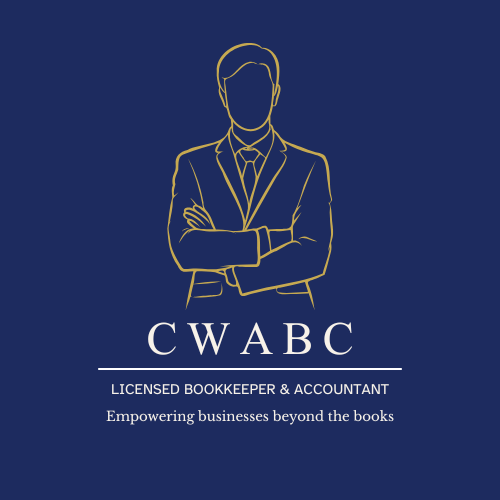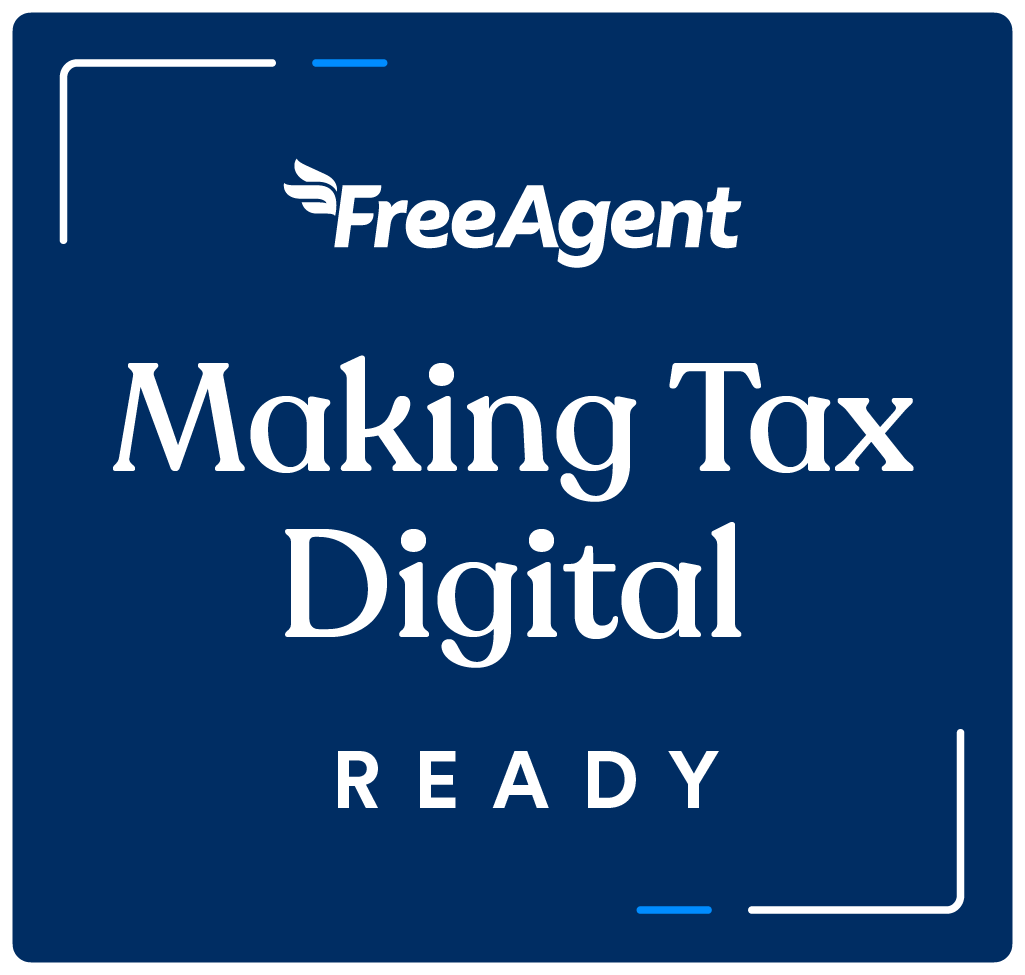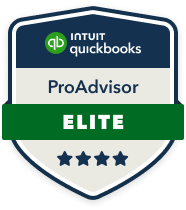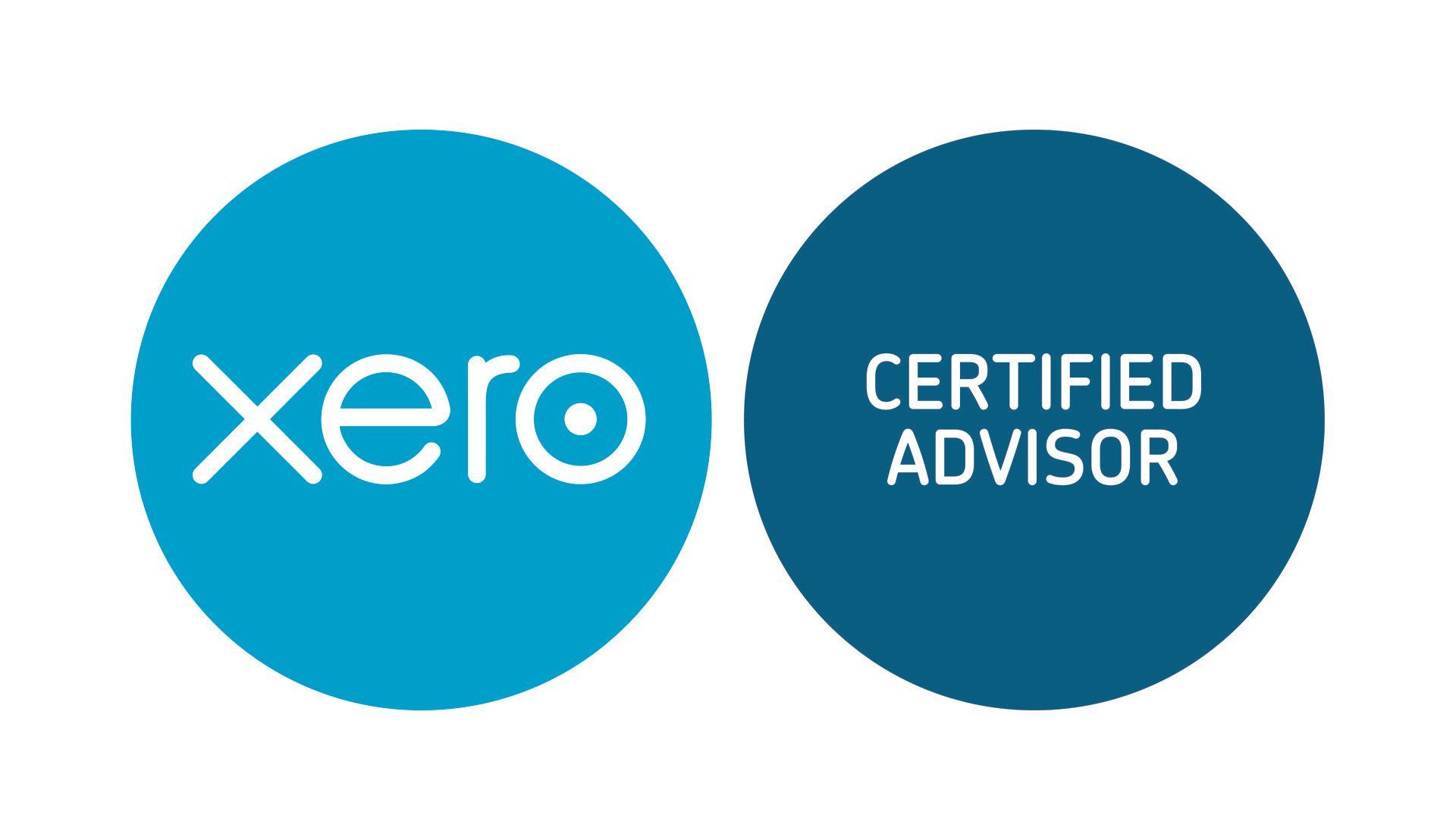Simplified VAT Penalties: What You Need to Know
Introduction:
Understanding VAT penalties is crucial for businesses to avoid unnecessary financial burdens. The UK government has recently introduced changes to how VAT penalties are applied, effective from January 1, 2023. In this blog post, we'll break down these changes and provide a clear overview of VAT late payment penalties, so you can keep your accounting in check and prevent unnecessary charges.
Changes in VAT Penalties:
Starting in 2023, the VAT default surcharge system is being replaced by a new approach to penalties for late VAT payments and late VAT return submissions. Additionally, the method for calculating interest on late payments is changing. These changes impact all businesses, including those filing nil or repayment returns.
How Late Payment Penalties Work:
Late payment penalties can be applied to any VAT payments not made in full by their due dates, with a few exceptions, including VAT payments on account and instalments for the VAT Annual Accounting Scheme.
The penalty amount is influenced by how quickly you address the late payment. The sooner you pay, the lower the penalty will be. You also have the option to propose a payment plan, which can lead to reduced or zero penalties.
Types of VAT Payments Subject to Late Payment Penalties:
Late payment penalties can be applied to various types of VAT payments, including:
1. VAT payments due on your VAT Return.
2. Payments following amendments or corrections to a return.
3. Payments resulting from VAT assessments issued when returns were not submitted.
4. Payments from VAT assessments issued for other reasons.
If You Cannot Pay Your VAT on Time:
If you find yourself unable to pay your VAT on time, it's essential to take action promptly to avoid further penalties. HMRC will begin charging late payment interest from the first day your payment becomes overdue until you settle the full amount. Contact HMRC as soon as possible if you're facing difficulties to explore options.
Ask for a Time to Pay Arrangement:
You can request a Time to Pay arrangement from HMRC, which is flexible and tailored to your financial circumstances. If approved, this arrangement can result in lower or no late payment penalties and can cover all outstanding amounts, including penalties and interest.
Summary of Late Payment Penalties:
Late payment penalties vary based on the number of days your payment is overdue. Here's a summary:
- Payment up to 15 days overdue: No penalties.
- Payment between 16 and 30 days overdue: A penalty calculated at 2% of the outstanding VAT at day 15.
- Payment 31 days or more overdue: A penalty calculated at 2% of the outstanding VAT at day 15 plus 2% of the remaining amount at day 30. Additionally, daily interest of 4% per year applies from day 31 until the balance is paid in full.
Taking Action to Avoid Further Penalties:
To prevent escalating penalties, take the following actions depending on the number of days your payment is overdue:
1. Between days 1 and 15 overdue: Pay in full or request a Time to Pay arrangement.
2. Between day 16 and 30 overdue: Pay in full or request a Time to Pay arrangement by day 30.
3. On or after day 31 overdue: Pay in full or request a Time to Pay arrangement after day 31.
Period of Familiarization:
To help businesses adapt to these changes, HMRC will not impose a first late payment penalty until after December 31, 2023, provided you either pay in full or make a Time to Pay arrangement within 30 days of the payment due date.
Non-Compliance with Time to Pay Arrangement:
Failure to adhere to the conditions of a Time to Pay arrangement may lead to its cancellation, resulting in both first and second late payment penalties as if the arrangement never existed.
Appeal a Late Payment Penalty:
If you receive a late payment penalty, HMRC will notify you with a penalty decision letter. You can request a review with HMRC or appeal to the tax tribunal. Penalties may be canceled or amended if you have a reasonable excuse.
Checking and Appealing Penalties Online:
You can review penalty details and request a review through your VAT online account. Alternatively, you can write to the Solicitor's Office and Legal Services at HMRC for a review.
Conclusion:
Understanding VAT penalties is vital for maintaining healthy financial practices in your business. With the changes in effect from January 1, 2023, it's crucial to stay informed, act promptly if you encounter difficulties, and explore options such as Time to Pay arrangements to minimize penalties and interest charges. Keep your VAT payments on track to ensure the financial success of your business.















